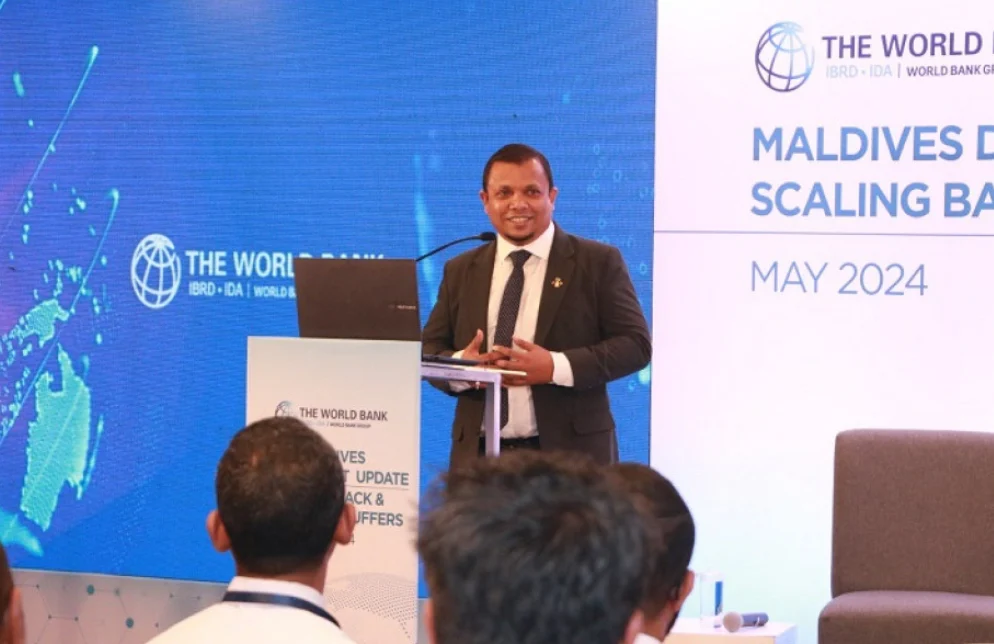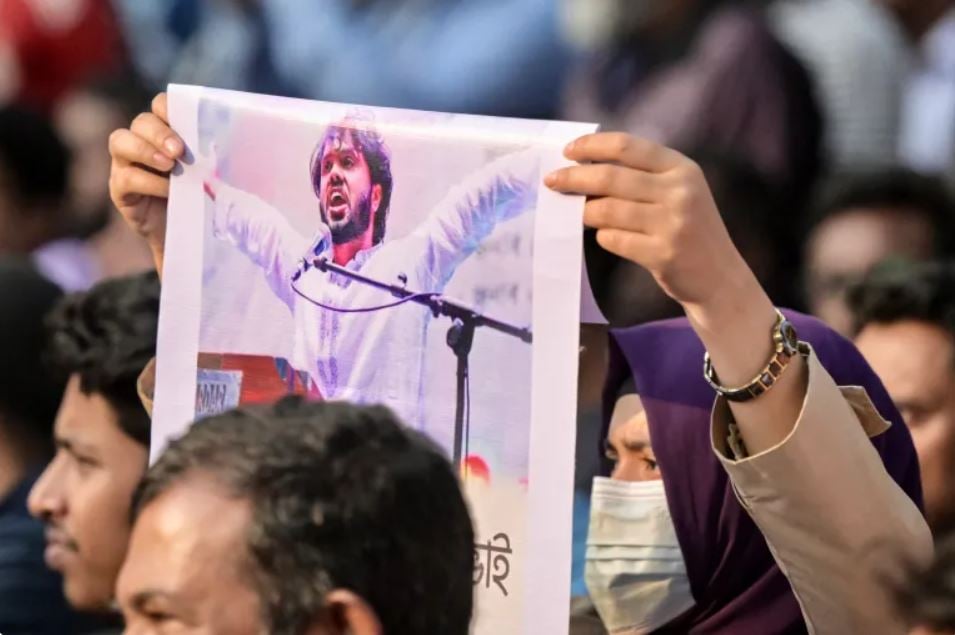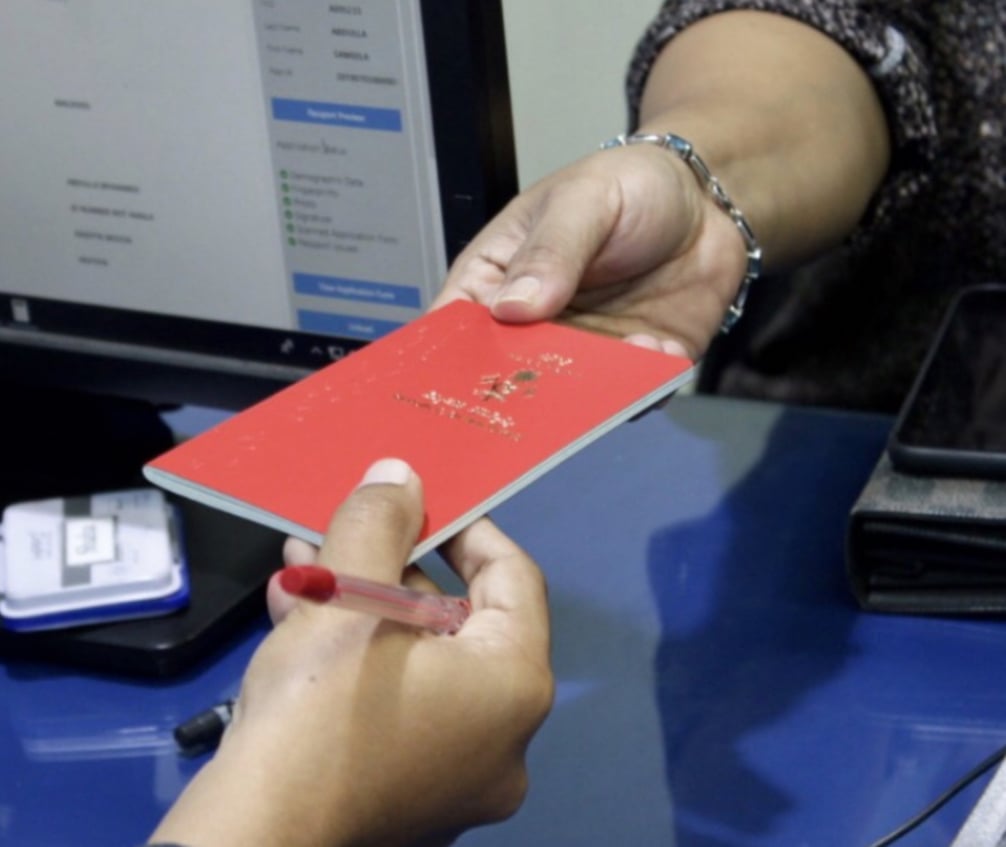The Maldives economy has experienced a slower growth rate than anticipated due to the delayed implementation of crucial financial sector reform programs, according to statements made by Finance Minister Shafeeg at a recent meeting. The minister's remarks came during discussions on the Scaling Back and Re-Building Buffers report released by the World Bank, which highlighted both the growth of the country's tourism industry and the deceleration of economic progress.
While the Maldives' tourism sector demonstrated remarkable growth last year, the overall economy faced challenges. Minister Shafeeg stressed that the lack of timely implementation of reform programs throughout 2023 played a significant role in hindering economic expansion, despite previous plans to revamp the financial system.
In response to these setbacks, the government is now actively preparing to introduce a series of reform measures. Minister Shafeeg expressed confidence that these changes would be implemented at the opportune moment, emphasizing the importance of collaboration with international organizations such as the World Bank and the International Monetary Fund (IMF) to facilitate the desired transformations.
Minister Shafeeg stated that reducing government expenditure has been identified as a priority, and the forthcoming reforms will encompass adjustments to the subsidy system and the Aasandha insurance system. These measures aim to streamline public spending and ensure the efficient allocation of resources.
Since assuming office, the government has introduced several fiscally responsible measures, including the cessation of money printing. This decision has earned recognition and praise from various international financial institutions, demonstrating the commitment to prudent economic management.
While the Maldives' tourism sector demonstrated remarkable growth last year, the overall economy faced challenges. Minister Shafeeg stressed that the lack of timely implementation of reform programs throughout 2023 played a significant role in hindering economic expansion, despite previous plans to revamp the financial system.
In response to these setbacks, the government is now actively preparing to introduce a series of reform measures. Minister Shafeeg expressed confidence that these changes would be implemented at the opportune moment, emphasizing the importance of collaboration with international organizations such as the World Bank and the International Monetary Fund (IMF) to facilitate the desired transformations.
Minister Shafeeg stated that reducing government expenditure has been identified as a priority, and the forthcoming reforms will encompass adjustments to the subsidy system and the Aasandha insurance system. These measures aim to streamline public spending and ensure the efficient allocation of resources.
Since assuming office, the government has introduced several fiscally responsible measures, including the cessation of money printing. This decision has earned recognition and praise from various international financial institutions, demonstrating the commitment to prudent economic management.


















